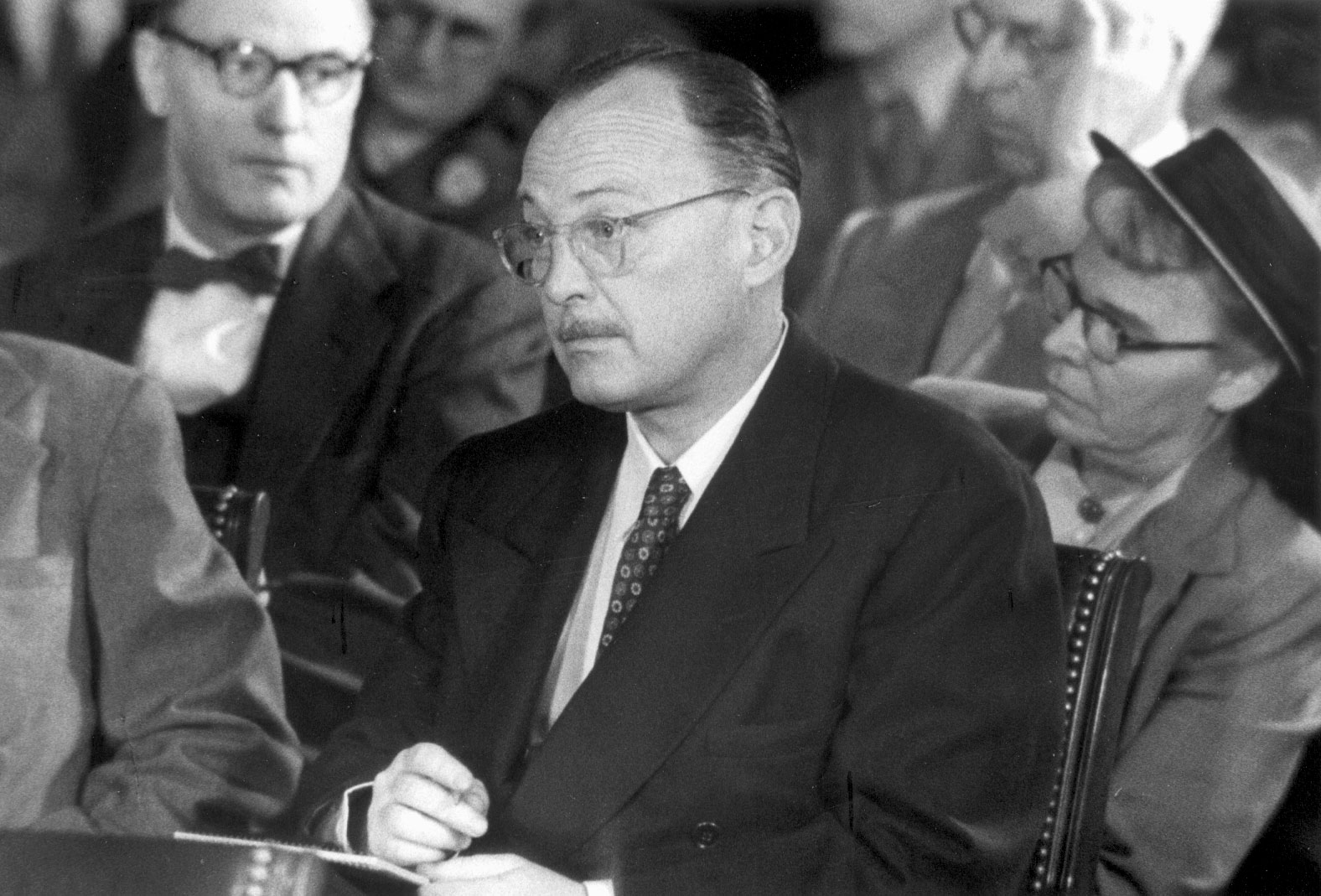I like the way Owen Lattimore writes. He’s got style and verve, and he doesn’t shy away from bold statements, whether it’s comparing the Urga Living Buddha’s shopping spree in Shanghai to that of a drunken sailor or simply declaring this or that political action a disaster. It’s probably only my Asian studies friends who will ever end up reading Lattimore, but as I make my way through Nomads and Commissars: Mongolia Revisited, from 1962, it makes me realize how useful it is to have a plainspoken, amiable guide to obscure times and places.
Lattimore was a mid-20th century China Hand, to use a now-dated term. He advised Chiang Kai-shek during World War II, and he spoke fluent Mongolian when no one else did, and he wrote it as he saw it. Perhaps it’s not a coincidence that he never earned an advanced degree, though he served in major academic posts. He never went through the seasoning — deadening? — process of learning to write only sentences that you can defend to a committee.
And if there was one thing Lattimore failed at, it was defending himself to a committee. His later years were damaged by Senator Joseph McCarthy, who claimed that Lattimore was “the top Russian espionage agent in the United States.” The charges mostly amounted to invented hearsay, and stemmed perhaps from what looks, in retrospect, like Lattimore’s eminently sane approach to Communism and Communists, which was to consider them carefully and write about this or that particular action or person on the merits.
So set aside the Communist nonsense. What strikes me is that I write a lot about foreign places, I plan to write a lot more about foreign places, and Lattimore is an example I like of how to do it.
There’s room to criticize. Lattimore’s breezy confidence smacks of a casual imperialism that was common among British writers of an earlier era and American policy experts at mid-century. Nomads and Commissars is written at almost the last possible moment before any serious thinker on Asia had to take into account Orientalism and postmodernism more generally. The best products of the new ideas — Laurel Kendall is a personal favorite — have found new ways to tell good stories without the narratorial remove of earlier writers.
But just as the earlier writing was (usually unintentionally) dishonest about the motives and power dynamics that underlay it, post-modern scholarship is often dishonest in the other direction, as writers strive to pretend that they don’t have personal opinions. Kendall, for example, always dodges the question of whether the shamanism she studies is “real,” and of course any good postmodernist can tear apart the whole concept of the real until the person who asked the question feels like an idiot for believing in reality.Another fine postmodern storyteller, Heonik Kwon, dodges questions by fictionalizing his accounts, putting them entirely into the voices of his informants. And yet I am sure that Kendall and Kwon have some gut-level beliefs about ghosts and spirits, one way or the other, and it seems somehow a little sneaky never to come out and say what those beliefs are.
Somewhere there’s a balance. As I continue to write on topics that interest me in cultures not my own, I’ll have to work on that balance. As I do, I should remember Lattimore and the pleasure of a bold assertion well stated.

